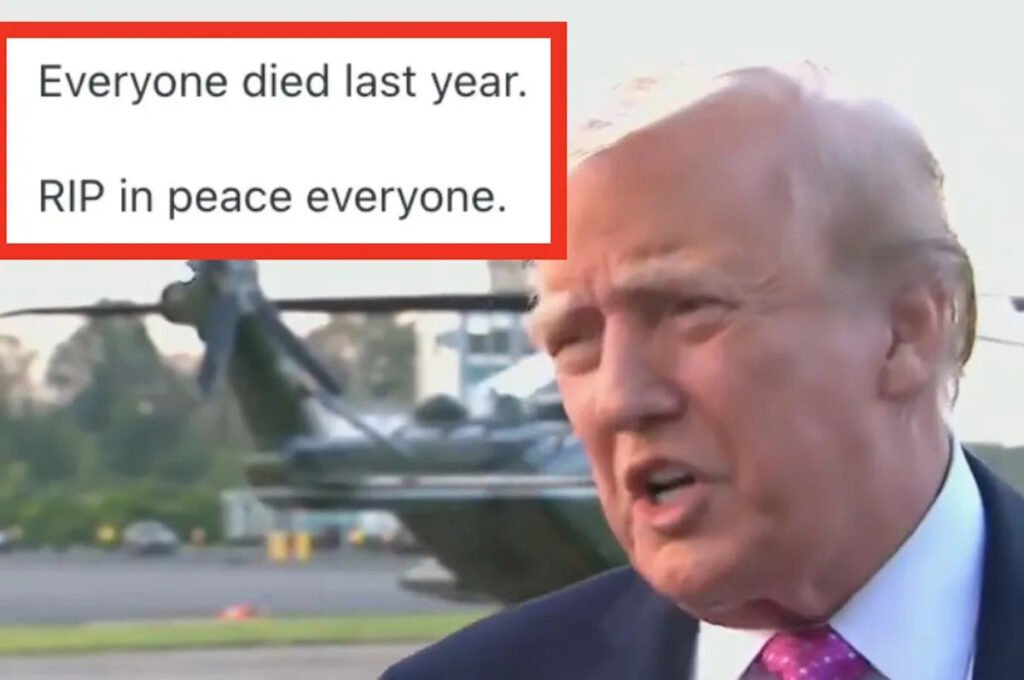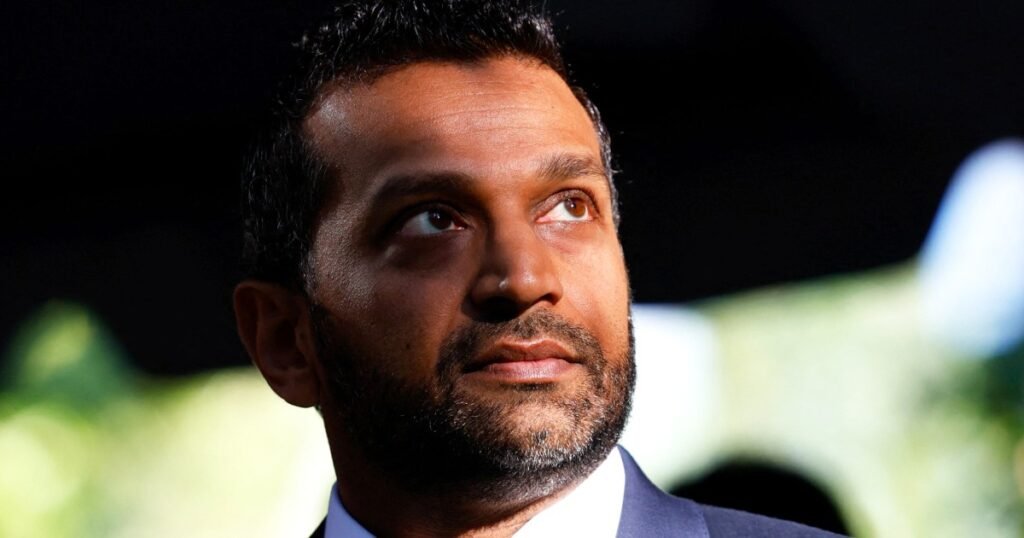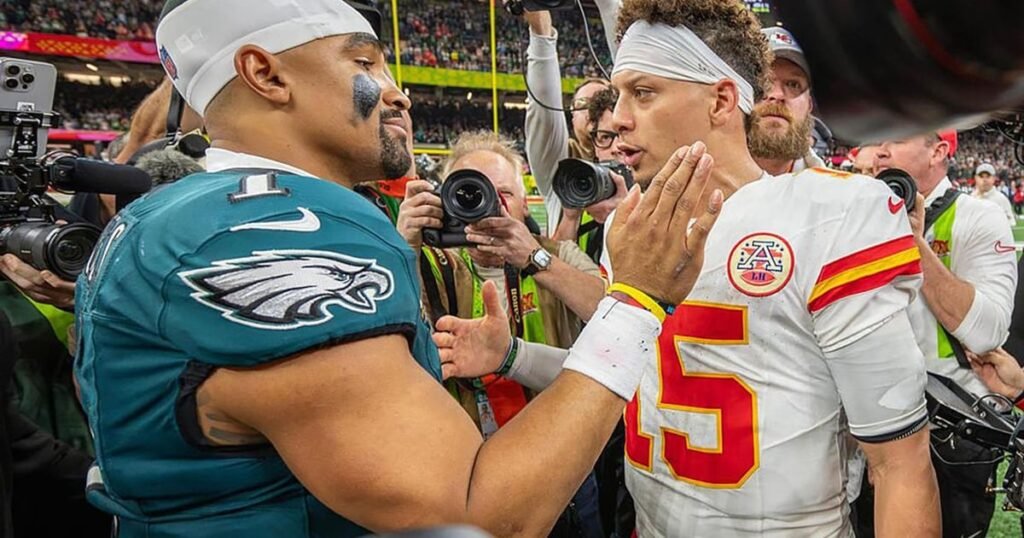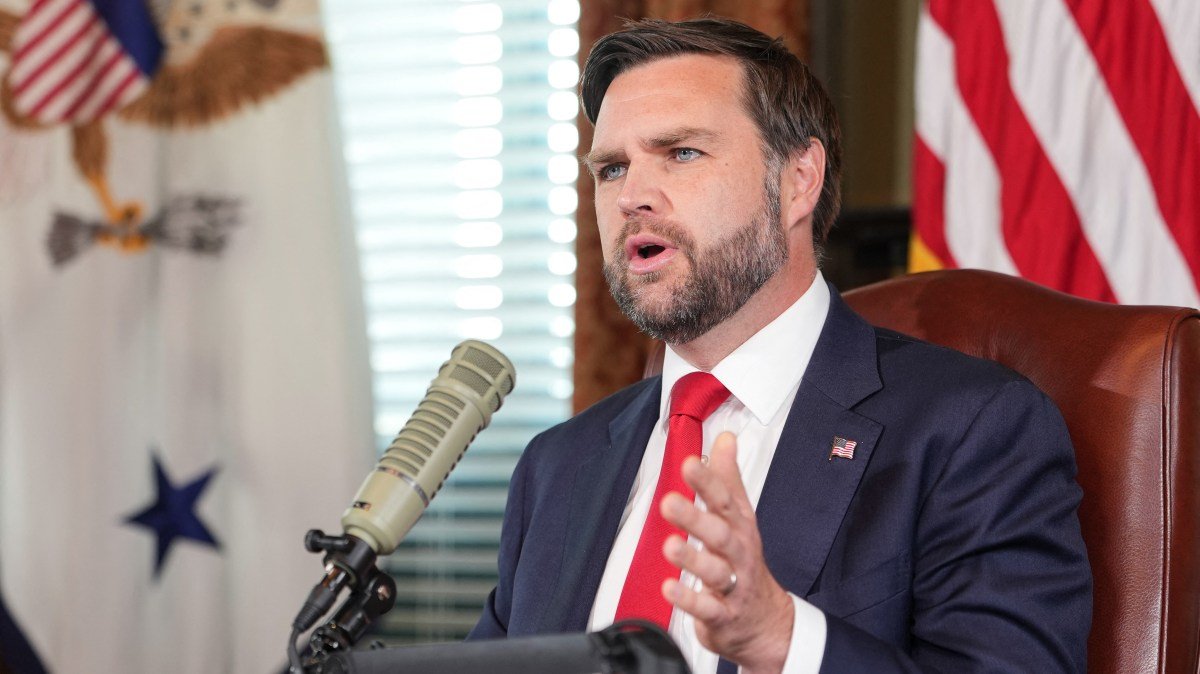Now Reading: Kash Patel faces scrutiny ahead of congressional hearings: From the Politics Desk
-
01
Kash Patel faces scrutiny ahead of congressional hearings: From the Politics Desk
Kash Patel faces scrutiny ahead of congressional hearings: From the Politics Desk
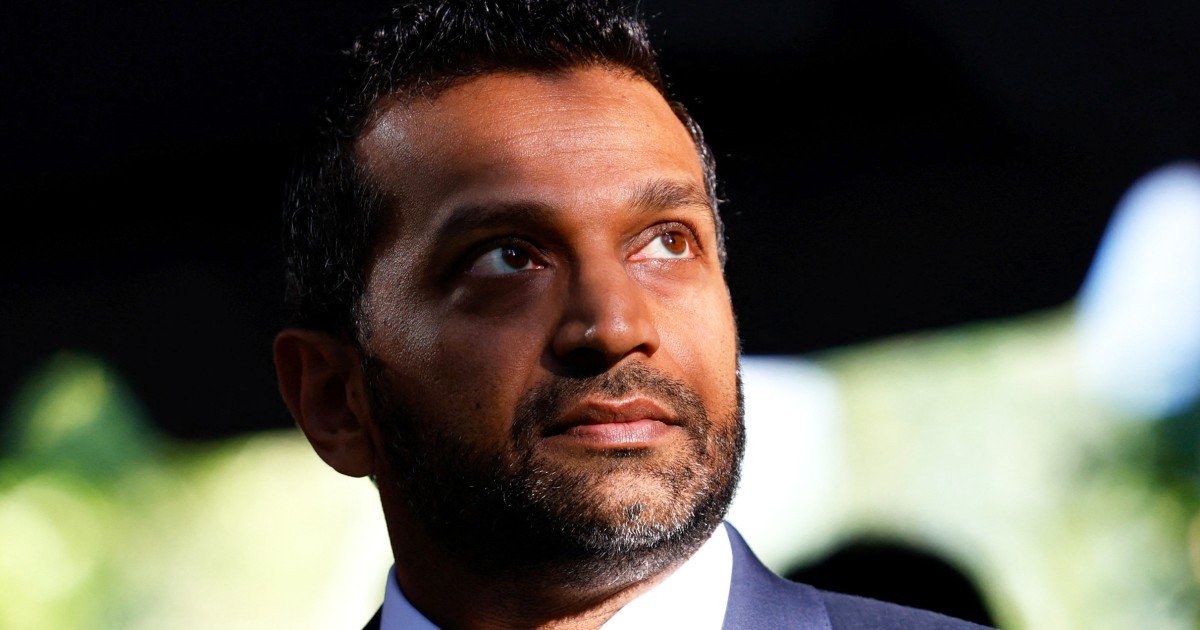
Welcome to the online version of From the Politics Desk, a newsletter that brings you the NBC News Politics team’s latest reporting and analysis from the White House, Capitol Hill and the campaign trail.
In today’s edition, we report on the questions FBI Director Kash Patel is confronting around the Charlie Kirk investigation as he prepares to testify before Congress this week. Plus, Scott Bland breaks down new survey data that shows Americans aren’t unique when it comes to feeling negatively about the political system.
Sign up to receive this newsletter in your inbox every weekday here.
— Adam Wollner
FBI Director Kash Patel faces criticism for his handling of the Charlie Kirk shooting investigation
By Ryan J. Reilly, Michael Kosnar and David Rohde
FBI Director Kash Patel’s activities during the investigation of conservative activist Charlie Kirk’s assassination raise questions about his decision-making during a crisis, four former FBI officials and two administration officials told NBC News.
From the shooting Wednesday to a suspect’s arrest Friday, Patel took steps that gave pause to some federal and local officials and raised questions about his judgment, the sources said. Those actions ranged from where Patel was on the evening of the assassination to what a former official described as his “grandstanding” about his own role after the arrest.
“He has heard concerns about how this looks,” an administration official said in a statement. “There are a lot of shaking heads.”
The night of the shooting: Hours after the shooting at Utah Valley University, Patel dined at the exclusive New York restaurant Rao’s, two sources familiar with his whereabouts said.
Patel posted on X at 6:21 p.m. that “the subject” in Kirk’s killing was “in custody.” Roughly 90 minutes later, at 7:59 p.m., he posted a follow-up message saying the “subject in custody has been released after an interrogation by law enforcement.” Four former senior FBI officials told NBC News that the posts were premature and unnecessary.
It is not clear whether Patel was at Rao’s, which opens at 7 p.m., when he published the second post. The restaurant did not respond to a request for comment.
What Patel is saying: In an interview on “Fox & Friends” today, Patel defended his handling of the investigation, including social media posts he made the day of the shooting.
“Could I have worded it a little better in the heat of the moment? Sure. But do I regret putting it out? Absolutely not,” he said. “I was telling the world what the FBI was doing as we were doing and I’m continuing to do that.”
What the White House is saying: A senior White House official said in a statement yesterday that President Donald Trump has confidence in Patel and his handling of the investigation. “The president spoke on it this morning and said he thinks everyone has done an amazing job,” the official said.
Up next: Patel is sure to face further questioning about his leadership at the FBI during two congressional oversight hearings this week. He’s set to appear before the Senate Judiciary Committee tomorrow morning and the House Judiciary Committee Wednesday morning.
Read more →
More fallout from the Kirk assassination:
- Trump said he hopes the nation will heal following Kirk’s killing, though he suggested in an exclusive interview with Peter Nicholas this weekend that a “radical left” contingent in the country stands as a barrier to reconciliation.
- White House deputy chief of staff Stephen Miller promised to bring the resources of the federal government to bear against what he described as “terrorist networks” during an appearance on Kirk’s former podcast, which Vice President JD Vance hosted today, Henry J. Gomez reports.
- Utah Gov. Spencer Cox told Kristen Welker on “Meet the Press” that the suspect in the Kirk shooting was in a romantic relationship with his roommate, who has been “very cooperative” with authorities.
- Natasha Korecki, Matt Dixon, Allan Smith and Jonathan Allen write that Cox has attempted to bring down the political temperature in the country as he provides updates to the case in a civil and sober tone.
- The Trump administration is asking Congress to approve an additional $58 million for security to protect the executive and judicial branches, Scott Wong and Raquel Coronell Uribe report.
- Follow live updates →
Political dissatisfaction stretches well beyond U.S. borders
Analysis by Scott Bland
People “want political change, but many doubt it can happen.”
“Many adults dislike their main governing and opposition party.”
Sounds familiar? It should. Those attitudes are a big part of the story of U.S. politics right now. New findings from the Pew Research Center dig into how many Americans feel that neither the political system as a whole nor either of the two major parties are able to deliver for them.
What’s especially notable about Pew’s new report, though, is how much company the U.S. has from other nations around the world whose citizens are grappling with the same feelings.
More than half of those surveyed in 20 of 25 countries (including 76% in the U.S.) said their nation’s “political system needs complete reform or major changes.” And nearly half in the U.S. said they’re “not confident the system can change” — in the same ballpark as the numbers in countries including France, South Korea, Japan and the United Kingdom.
On another question, about favorable opinions toward the governing or opposition parties in each country, the U.S. ranked 8th out of 24 in the share, saying they had a favorable opinion of neither party (30%). A number of countries in similar territory have seen big elections recently with one party replacing another in power.
In some other countries seeing similar numbers, upstarts are taking advantage of the situation. With 37% in the U.K., for example, registering unfavorable ratings of both the Labour Party and the Conservative Party, both the Green Party on the left and Reform UK on the right are pulling stronger-than-usual numbers in public surveys.
It makes sense that the U.S. isn’t alone facing these political trends in a globalized world facing many of the same economic and social challenges together. What is unclear is how the two-party U.S. political system can or will respond to it.
Read both reports from the Pew Research Center for more — and keep an eye on politics in other countries around the world for hints about developments that might come here, too.
🗞️ Today’s other top stories
- 🚨Breaking news: Trump said the U.S. military conducted another strike on a Venezuelan boat allegedly carrying narcotics. Read more →
- ⏰ TikTok on the clock: Treasury Secretary Scott Bessent said that Washington and Beijing had struck a “framework for a TikTok deal,” just days before another deadline that could have banned the popular social media app in the U.S. Read more →
- 🚓 D.C. crackdown: Trump threatened to declare a national emergency and federalize D.C. police again if the department does not cooperate with ICE operations. Read more →
- ⚖️ In the courts: Former federal prosecutor Maurene Comey sued the Trump administration, alleging that her firing earlier this year “without cause, without advance notice, and without an opportunity to contest it” was unlawful. Read more →
- 🗽 Sprint to November: New York Democratic Gov. Kathy Hochul endorsed Zohran Mamdani for mayor of New York City following what she called “frank conversations” in recent months. Read more →
- ☑️ 2026 watch: Sen. Bernie Sanders, I-Vt., is issuing endorsements earlier than ever before for candidates ahead of next year’s midterms — and he tells NBC News that’s by design. Read more →
- 👋 Exit, stage right: Rep. Michael McCaul, R-Texas, a former chair of the Foreign Affairs and Homeland Security committees, announced that he will not run for re-election next year. Read more →
- 🗳️ Raising the bar: At least eight Republican-led states have taken steps to make it more difficult for citizen-led ballot initiatives to succeed. Read more →
- 💃 Ballroom blitz: In his interview with NBC News, Trump said that the new White House ballroom will be “a little bigger” than first described, with a 900-person capacity. Read more →
That’s all From the Politics Desk for now. Today’s newsletter was compiled by Adam Wollner and Bridget Bowman.
If you have feedback — likes or dislikes — email us at politicsnewsletter@nbcuni.com
And if you’re a fan, please share with everyone and anyone. They can sign up here.
